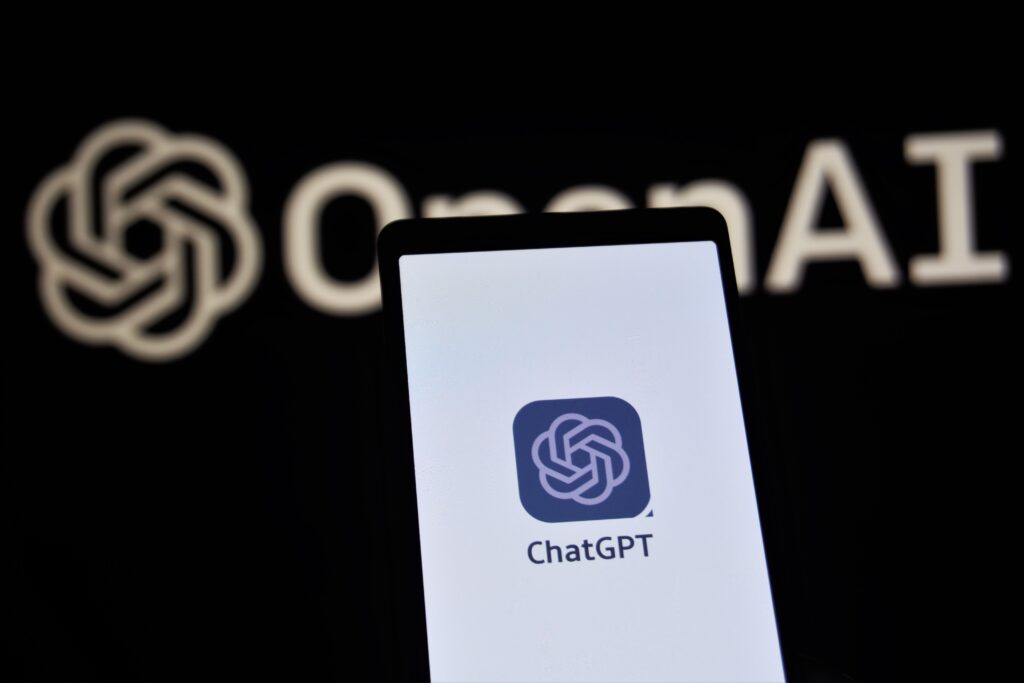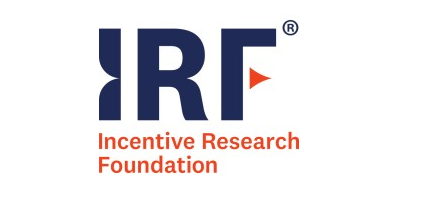I met Jimmy 2 years ago at the Successful Meetings University trade show hosted by Northstar Meetings. You can tell from the onset that Jimmy is not only knowledgeable but passionate about his work. His career spans over 20 years primarily in the association market. He was a member of the CESSE Program Committee from 2017 – 2019, and he is currently the President-Elect for NYPCMA. In his current role as the Senior Conference Planner at the IEEE Communications Society, Jimmy leads the planning of 3 of the Society’s largest annual conferences. With the onset of COVID-19, Jimmy and his team had a challenge; how can they maneuver their meetings to a virtual format?
Jimmy was able to demonstrate his Visionary capabilities through organization and strategically moving full speed ahead. He shared more of his approach with MCIntl…
JN: What are some of the key lessons you learned from not cancelling your 2020 meeting?
JLE: First and foremost, cancellation was never seriously considered due to the nature of our meetings and conferences. Our members rely on these events in order to share their research, and to have their research published which is essential for this community. As such, we as an organization, have to do everything possible in order to support the membership. With that said, some of key lessons that I have learned include:
“Where there’s a will, there’s a way.”
We had less than a month to take a 300-person conference, originally scheduled to take place in Hungary, and make it virtual. It was amazing to see the entire organization, top to bottom, came together and made it happen. This took place around the March/April time frame when the term “virtual conference” is still not quite ubiquitous. With limited time, we had to quickly figure out how to adapt our existing technology in order to manage a virtual conference. I remember having to get up at 2 in the morning because the organizing committee wanted to keep the Central European Summer timing. Let’s just say I wouldn’t want to wish that on anyone. In the end, we got it done, and we did it as a team. We have obviously gotten much better since that first go around.
“We are in this together.”
This phrase has been widely used during this time, and rightfully so. As a planner, it pains me to have to contact my hotel sales rep to inform them that I have to cancel due to the pandemic and that the conference will be online. That’s never a fun conversation, and I was prepare for a lot of push back. But to my amazement, the hotels were so understanding and accommodating. I understand that business will always be business, but during such a time, it’s important not to forget the “personal” element as well. And I feel so fortunate and grateful that many of the hotel partners share this view.
JN: As the meeting industry has been heavily impacted by this crisis, how are you personally coping as a meeting planner?
JLE: My heart goes out to all of my industry friends who have been directly or indirectly affected by this pandemic. March 12 was the last day I was in the office. Since that day, I had somehow managed to run 4 virtual conferences, helped my two kids with distant learning (thank goodness that is over now!), run 25 – 30 miles a week, cleaned out the basement and garage, and stayed active on the NYPCMA board. I guess the way I am coping is to just keep busy. The key for me was to set up a schedule and develop a routine. With so much going on, it’s easy to get lost and inundated which I was for first couple weeks. However, once the schedule and routines are in place, things became much better…for now.
JN: We are slowly returning to some type of normalcy, what are some of your expectations from a host city?
JLE: The most important thing for me and for the organization is the safety and wellbeing of the members and staff. When we are ready to meet in-person again, the first thing I will want to know from the host city and venue is what are their protocols and standards when it comes to ensuring the safety and health of the delegates and staff. That’s first and foremost.
JN: What legacies has IEEE Communication Society created in past host cities?
JLE: With a membership from 140 countries and 43 annual international conferences held all over the world, IEEE ComSoc is truly a global organization. The legacy that we leave behind is in the academic impact on the local universities. The IEEE brand is widely recognized in the engineering community. For a city to host an IEEE event often brings attention and acknowledgment to the academic institutions in that city. As such, it is not unusual to see many of our members submit proposals to host a ComSoc conference. As for me personally, I take great joy and pride in knowing that I get to be a part of these celebrations.
JN: Any advice to share?
JLE: I don’t imagine any advice that I can give has not already been given by someone else. What I do hope that we, as the business events industry, do is stay focused. Yes, we need to be strong still (we always are!), but by staying focused, we will not allow any external noise to impact us. By staying focused, we continue to work towards our goals. By staying focused, we continue to have a purpose. And at the end of the day, having a purpose, whatever that might be, is all we need to keep going.




